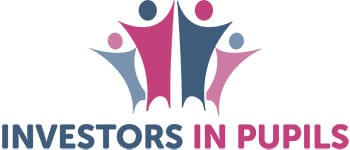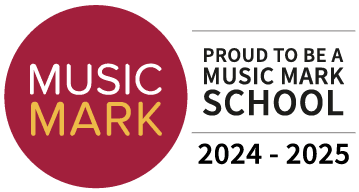Science (combined)
Qualification type: GCSE
Exam board: AQA
Course code: 8464
Contact: Miss Brown – ebrown@retfordoaks-ac.org.uk
The GCSE combined science trilogy offers students a broad, coherent course of study that covers areas of biology, chemistry and physics.
In science the emphasis is on understanding concepts through experimental work. The new GCSE specification also requires students to demonstrate their practical competencies. A wide variety of teaching styles are used to develop ideas, including role play, class presentations, data-logging, debating, model making, carrying out your own experiments and the use of ICT. Taking the combined science GCSE will set students up well for later life. Employers are crying out for candidates with science-based skills. The types of skills that are gained through studying science will be helpful for all sorts of different careers.
What will be studied?
The combined science curriculum covers a wide variety of scientific areas studied over three years.
Biology: you will study cell biology, organisation, infection and response, bioenergetics, homeostasis and response, inheritance, variation and evolution and ecology.
Chemistry: you will study atomic structure, the periodic table, bonding, properties of matter, quantitative chemistry, chemical changes, energy changes, organic chemistry, chemical analysis, chemistry of the atmosphere and using resources.
Physics: you will study energy transfers, energy resources, electricity, waves, radiation, forces and motion, momentum, light, sound and electromagnetism.
Course benefits:
Students will learn about the development of scientific ideas and its power and limitations. They will also evaluate the benefits and drawbacks of scientific and technological advances. Students will develop experimental, investigative and problem-solving skills
Assessment structure
At the end of year 11, students will be assessed through two written papers in each of the three subjects. Each paper will be 1 hour, 15 minutes and contribute to 16.7% of their overall result. These papers will include multiple choice, short answers, longer written responses and calculations. Students will be provided with some of the formulae in the examinations, however they will also be expected to learn a number of them. The exam papers will also include questions on the core practicals that students will have completed, as well as general questions on working scientifically
Career opportunities
• Aerospace systems
• Astronomy
• Robotics
• Medicine
• Veterinary
• Pharmacologist
• Forensic science
• Software and games development
• Zoologist
• Engineer
• Motorsport
• Medical research





